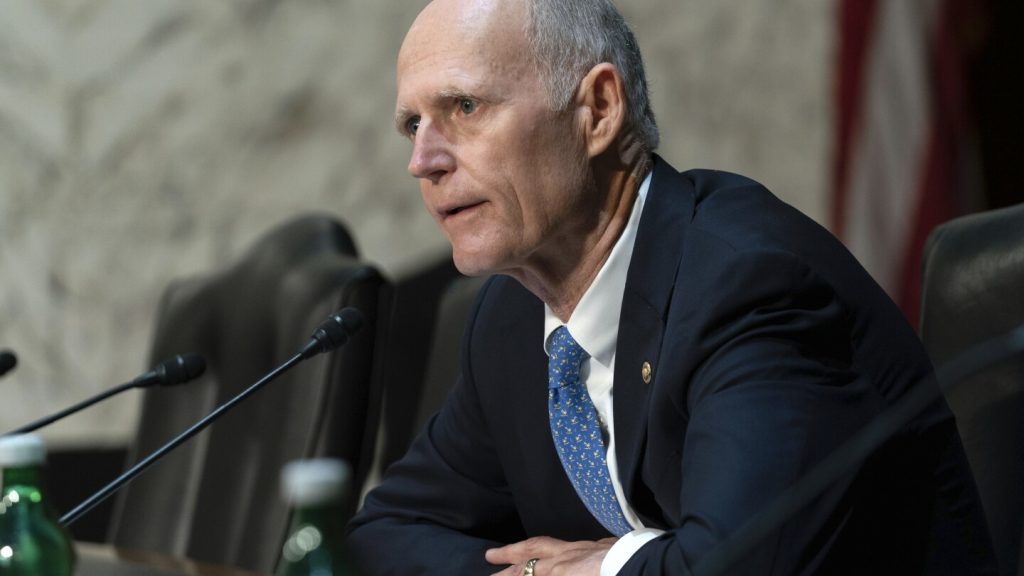Sen. Rick Scott of Florida recently voiced his opposition to a November ballot initiative seeking to overturn the state’s six-week abortion ban. He stated that he believes in “reasonable limits placed on abortion” and emphasized the importance of protecting in vitro fertilization treatments and making adoptions more affordable. Scott’s stance on abortion has shifted as a response to the changing political landscape on the issue across the country, following the Supreme Court’s decision to leave the matter to the states.
The Arizona Supreme Court’s recent decision to enforce a law criminalizing most abortions, except in cases where a woman’s life is at stake, has added to the national conversation on reproductive rights. In Florida, Democrats are working to enshrine abortion rights in the state’s Constitution and are using the issue as a key part of their efforts to unseat Scott and other Republican incumbents. The fight over abortion is framed by many as a matter of basic dignity and the right of women to make decisions about their own bodies.
In Florida, a state that has become more conservative in recent years, Democrats are hoping to mobilize voters by focusing on abortion rights. Despite facing a registration deficit of 800,000 voters compared to Republicans, Democrats believe that advocating for reproductive rights could help swing the state back in their favor. Scott, who is being targeted by national Democrats in their efforts to maintain a slim majority in the Senate, is facing increased scrutiny for his stance on abortion as the issue gains prominence in the political landscape.
The Florida Supreme Court recently upheld a 15-week abortion ban and a trigger mechanism that would reinstate the state’s six-week abortion ban. The Democratic Senatorial Campaign Committee highlighted the significance of these developments, stating that Florida women have higher stakes on the ballot this year. They view the fight against restrictions on abortion access as a way to draw attention to Scott’s record of supporting stringent abortion bans and to mobilize voters to reject the abortion ban and remove Scott from office in November.
The debate over abortion rights in Florida has intensified since the Supreme Court’s decision to leave the matter to the states, leading to a reevaluation of positions by Republican incumbents like Scott. The issue has become a key focus for Democrats seeking to challenge Scott and other Republicans in the upcoming elections. As the political landscape continues to shift on reproductive rights, the outcome of the November ballot initiative and the subsequent election will shape the future of abortion laws and access in Florida and beyond.















